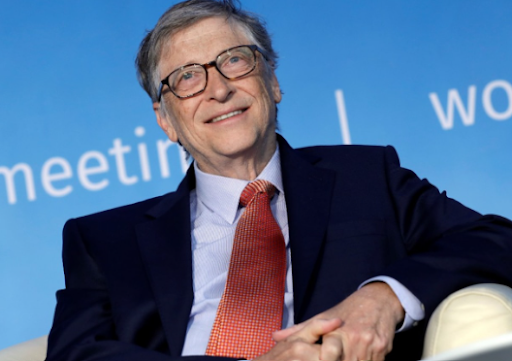William Gates, co-founder of Microsoft and co-chair of the Bill and Melinda Gates Foundation, lauded India for its contribution to combating climate change and enhancing world health. Bill Gates claimed that India gives him hope for the future and has demonstrated its ability to address significant issues at once when the globe is in crisis.
He claimed in his blog post titled "Gates Notes" that the Gates Foundation collaborated with the Indian government and CGIAR institutes to fund the research being done at IARI.
I have hope for the future because of India as a whole. Being on track to overtake China as the most populated nation in the world, most issues there must be addressed on a scale. Nevertheless, India has shown it is capable of overcoming significant obstacles.
The nation reduced the spread of HIV, eradicated polio, reduced poverty, slashed infant mortality, and improved access to financial and sanitation services "He read in his post.
He noted that there is a direct connection between climate change and world health and remarked that whenever he brought up this topic with individuals, they would typically respond, "There isn't enough time or money to tackle both at the same time."
We must make progress on both issues concurrently, he said. "In terms of climate change, India is at the forefront. However, the improvements in health will strengthen their population's fortitude and offer useful guidance on how to deal with other significant difficulties.
India can play a significant role in advancing solutions to the world's most pressing problems thanks to the rate of its development, its proficiency in implementing large-scale initiatives, and the innovative expertise of its people, the official continued.
According to Bill Gates, India has created a cutting-edge innovation strategy that guarantees problems are solved for those who need them. According to him, India chose to produce its own rotavirus vaccine when the vaccination, which protects against the virus that frequently results in fatal episodes of diarrhoea, became too expensive to be distributed to all children.



